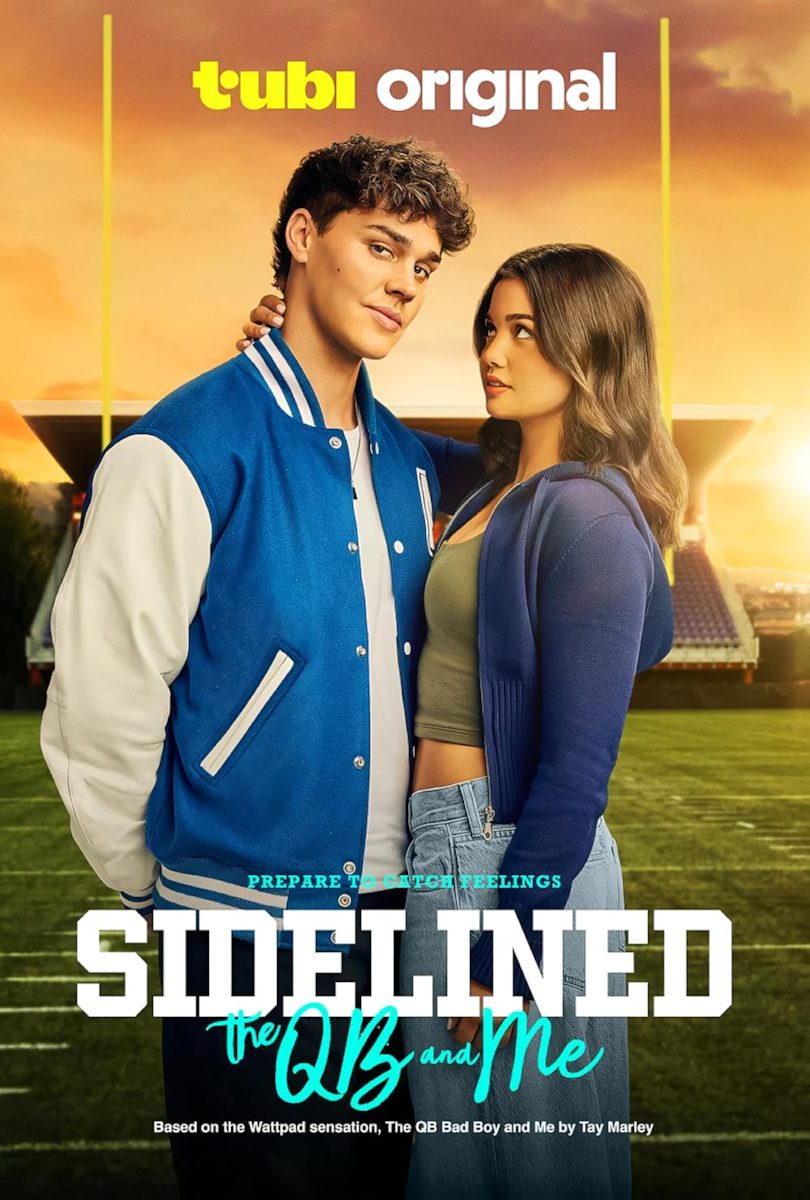
CONTAINS SPOILERS!!!
It’s no doubt that “The Hunger Games: The Ballad of Songbirds and Snakes” had some massive shoes to fill. “The Hunger Games” series is widely regarded as an exceptional book series to movie adaptation, and the new movie was expected to follow this trend.
The prequel, written by Suzanne Collins, was released in May of 2020 and took the fandom by storm. The concept of providing audiences with access to the bone-chilling events that contributed to the original antagonist’s evil-genius was brilliant and revolutionary. The reason behind this brilliance is that audiences were left questioning after the fourth movie how someone could possibly be as diabolical, conniving, wicked and yet intelligent as President Coriolanus Snow; the novel and movie answer these questions with a villain origin story of the 10th Hunger Games, 64 years before Katniss’ first games, from the unpopular president’s perspective.
The story opens in the past on a starving, bleach-haired Snow (Tom Blyth) and his cousin Tigris (Hunter Schafer) undergoing inhumane treatment during the war. This effectively relayed how detrimental the war was to Snow’s character development and helps audience members understand the reasoning behind his constant efforts to protect his family name and honor. Jump to present day, and the Snow family is impoverished and holding onto their run-down penthouse as their last token of life before the war, which is essentially a metaphor for their high prestige. Despite rough conditions, Snow still attends “The Academy,” a highly esteemed capitol institution, as a high school student. Here we meet Dean Casca Highbottom (Peter Dinklage), the creator of the Hunger Games, and Dr. Gaul (Viola Davis), the head gamemaker. It is important to note that both of these characters have a profound effect on Snow’s villainous origination, as he is encouraged by Dr. Gaul to bring passion back to the Hunger Games and motivated to avenge Dean Highbottom for his resentment of the Snow’s bloodline. When Snow is chosen by his teachers to be a mentor for the female District 12 tribute, Lucy Gray Baird (Rachel Zegler), he is disappointed with his odds but rises to the challenge. Determined to win the “Plinth Prize,” thinking it will correct all of his family’s financial issues, Snow puts his heart and soul into making Baird a public spectacle. He succeeds in not only making her the sweetheart of the capitol, but also the victor of the 10th Hunger Games. While doing so, the two fall victim to the classic “star-crossed lovers” trope. They not only fight for their lives, but their love, too. Once the games are over, things only get more complicated for Baird and Snow — the two eventually surpass the honeymoon phase and realize their differences are much more significant than once believed. This leaves both audiences and the characters questioning if this will be their fated downfall.
This story was executed into the world of film beautifully by director Francis Lawrence through captivating cinematography and enchanting music. The soundtrack, by Olivia Rodrigo, Rachel Zegler and Flatland Cavalry, utilizes catchy and nostalgic swing music to transport audiences back in time. Zegler uses her voice to draw in audiences with the song “Nothing You Can Take From Me” successfully so, but we also hear hints of the old soundtrack that we all grew up hearing in the original movies. Rodrigo’s “Can’t Catch Me Now” perfectly foreshadows the motives of the characters and charms audiences with its haunting melody.
As someone who read and thoroughly enjoyed the prequel as a novel, I had very high expectations going into the movie. I was puzzled as to how they were going to compensate for the insight provided by Snow’s inner monologue, but the movie did a pretty good job of portraying his nefariousness. One thing that audiences may have a skewed perception of is the fact that he did not gradually become more evil — he was evil from the start. In the book, Snow’s inner monologue makes this very clear with his selfish intentions in everything he does, but in the movie it can come off as if he was evil as a result of the 10th Hunger Games’ outcome. Blyth’s emotional appeal makes it very easy to sympathize with the villain. These misconceptions did not ruin the movie, although they could change the audience’s feelings toward Snow.
There were a few important details in the book that I would have enjoyed seeing in the movie, such as a deeper dive into Festus Creed’s (Max Raphael) death and the significance of Clemensia Dovecotes (Ashley Liao) sickness to the plot, but it still worked well without it. One other thing I think audiences would have benefited from would be the inclusion of the subplot in part three of the movie about the peacekeeper’s efforts to diminish the mockingjay breed from existence. This was Snow’s idea, and I believe it would have contributed greatly to his characterization since it shows why he hates the bird as a symbol of the revolution so much in the later movies.
Despite my acute criticisms, the most important parts of the plot were done justice. I was extremely pleased with the movie and that is not just because of how highly anticipated it was, but it was truly a great movie. Of course, I recommend reading the book, but if you are not into reading, this movie is suspenseful, mysterious and will have you thirsting for more.







